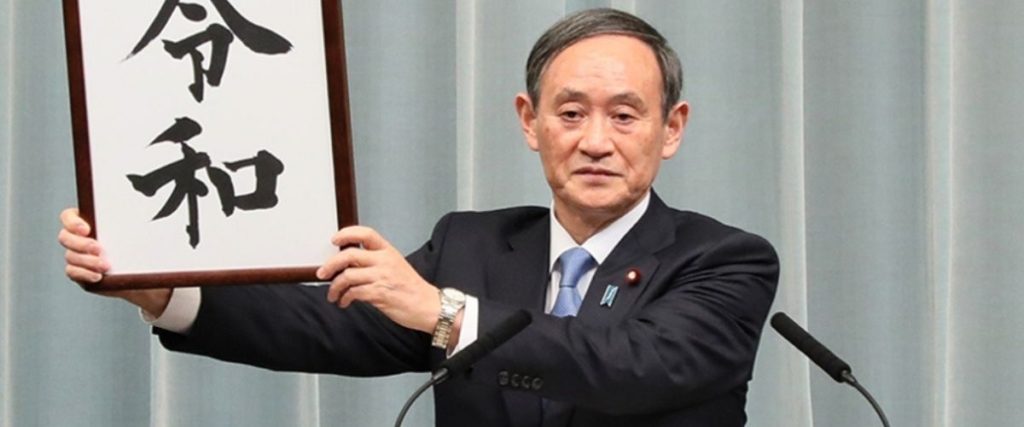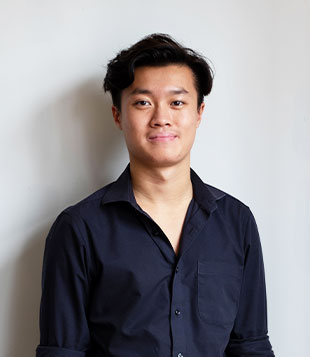Japan’s newest prime minister Yoshihide Suga is expected to prioritise efforts to provide domestic economic support and control COVID-19 transmission, after having succeeded Shinzo Abe, the longest-serving Japanese Prime Minister in history, last Monday.
“What all of our people are expecting is to see the coronavirus infection contained as soon as possible so they can feel safe and their daily lives return to normal,” Suga told a TV Asahi programme last Tuesday, according to Reuters.
As Chief Cabinet Secretary and Abe’s loyal right-hand man, Yoshihide Suga was the clear frontrunner for the Japanese Liberal Democratic Party, which holds a parliamentary majority. He won the national leadership election, securing 70% of the vote on 14 September. Abe tendered his official resignation two days later.
Suga is expected to promote economic policies over the next six months that will ease the financial strain that COVID-19 has brought upon Japanese citizens, stating that he would continue to protect companies and jobs for the foreseeable future in the form of payouts and loans.
“‘Self-help, mutual help, public help, and kizuna (bonds)’ is our vision for society”, he proclaimed in a statement last Wedneday, adding that his goals were to “advance regulatory reforms without being constrained by the vested interests of the stakeholders, tearing down bureaucratic sectionalism and the notorious habit of following past precedents.”
His administration will continue Abe’s signature “Abenomics” strategy, based upon “three arrows” of monetary easing from the Bank of Japan, fiscal stimulus through government spending, and structural reforms. He also plans to confront longer-term issues such as Japan’s ageing population and low birth rate, and promote the digitalisation of the Japanese government.
In the longer term, Suga will likely look to consolidate public support in pursuit of a snap election that will allow him to serve a full three-year term.
Characterised primarily as a pragmatist, Suga has long been seen as a more grounded politician, drawing from his humble beginnings as the son of a strawberry farmer. Nicknamed affectionately as “Uncle Reiwa” after he unveiled the name of the new imperial era in 2019, he has tended towards political understatement, preferring to advise from behind the scenes.
Suga has made recent comments that suggest he might be inclined to pursue wider, bolder structural reforms compared to his predecessor, such as consolidating weak regional banks, driving deregulation, and breaking barriers that hamper competition among small- and mid-sized firms.
“Regulatory reform is my agenda. I intend to thoroughly work on this,” Suga said last Monday during a news conference after winning the ruling Liberal Democratic Party leadership race. For example, he recently welcomed the idea of allowing new competitors to enter heavily regulated sectors such as mobile telecommunications and agriculture.
In August 2018, Suga criticised the top three major mobile phone carriers in Japan – NTT Docomo, KDDI, and Softbank – for not being competitive enough and making too much profit. Since then, all three carriers have introduced cheaper data plans. Addressing the issue again in a press conference last Wednesday. Suga told the Japan Times that “I’ve always thought there are still a lot of things that are beyond the pale from the ordinary people’s view,” adding that he believed Japan’s three major carriers were still charging unfairly high prices, despite using public infrastructure.
Additionally, Suga plans to promote further digitalisation in the Japanese government, pledging to establish a new agency in charge of dealing with digital transformation policies, including increasing the use of My Number social security and tax identification cards more widely. Momentum for digitalisation in the government has grown recently, most notably due to the government launch of a JPY 100,000 cash handout program in May. The program drew criticism from Japanese citizens for being slow and inefficient, as municipal officials had to print out forms that were filled online and check them by hand to ensure that there were no mistakes, drastically increasing the time it took for people to receive their handouts.
Given the Japanese public’s lacklustre response to Abe’s handling of the coronavirus pandemic, Suga will undoubtedly have to take substantial measures to build rapport amongst the public if he is to stand any chance of winning a snap election. Those in Japan hoping for stability at the top in a post-Abe era will wait with bated breath.
Related Articles
Trump’s WeChat Ban Temporarily Halted by US Judge Injunction
SoftBank Sells Arm Limited to NVIDIA for $40 billion in Landmark Sale
Australia Injects AUD50 Million in Grants to Support Business Events





